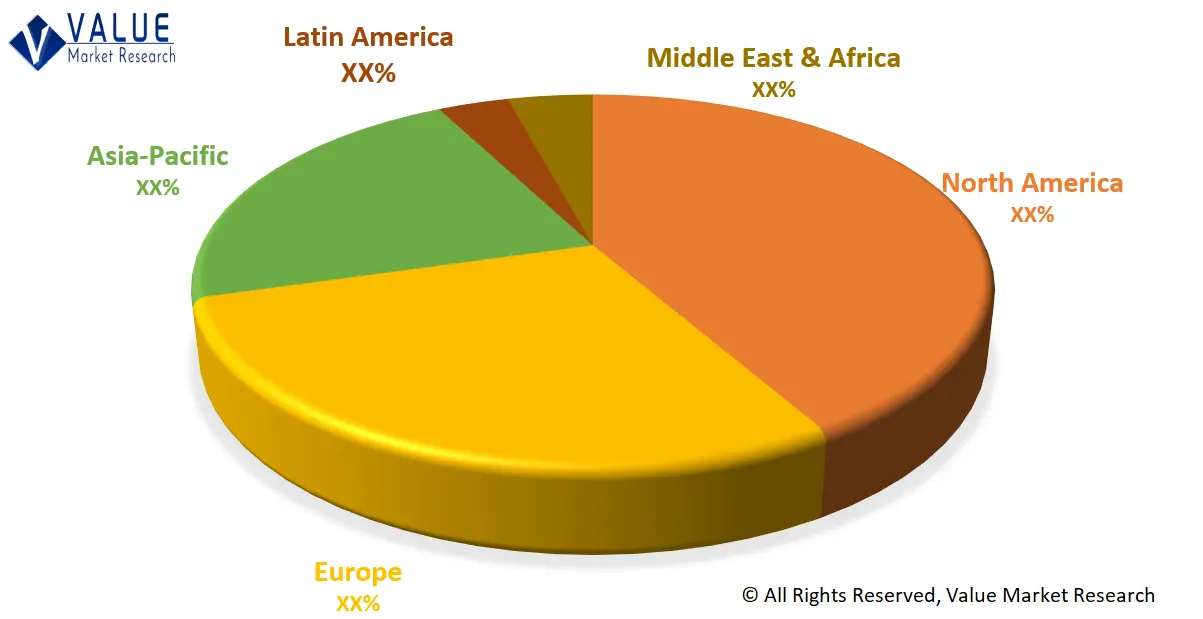The global Fieldbus Controllers market was valued at USD XX MN in 2021. The report foresees this market to reach USD XX MN by 2028 and register a CAGR of XX% between 2022 to 2028.
The report on the global Fieldbus Controllers market evaluates the growth trends of the industry through historical study and estimates prospects based on comprehensive research. The report extensively provides the market demand, share, growth, trends, and forecasts for the period 2021-2028. Furthermore, the report quantifies the market share held by the industry's major players and provides an in-depth view of the competitive landscape. This market is classified into different segments with detailed analysis of each with respect to geography for the study period
This detailed market study is centered on the data obtained from multiple sources and is analyzed using numerous tools, including Porter's Five Forces analysis, market attractiveness analysis, and value chain analysis. These tools are employed to gain insights into the potential value, facilitating the business strategists with the latest market outlook and growth opportunities. Additionally, these tools also provide a detailed analysis of each application/product segment in the global market of Fieldbus Controllers.
Market Segmentation
The Fieldbus Controllers market has been sub-grouped into type, application, and end-user. The report studies these subsets with respect to geographical segmentation. The strategists can gain detailed insight and devise appropriate strategies to target specific markets. This detail will lead to a focused approach leading to the identification of better opportunities.
By Type
By Application
- Power
- Building Automation
- Light Industry
- Food
- Semiconductor
- Others
Regional Analysis
Furthermore, the report comprises the geographical segmentation, which mainly focuses on current and forecast demand for Fieldbus Controllers in North America, Europe, Asia Pacific, Latin America, and Middle East & Africa. The report further focuses on demand for individual application segments in all the regions.
Global Fieldbus Controllers Market Share by Region (Representative Graph)

Competitive Landscape
The report also covers a detailed competitive landscape, including company profiles of key players operating in the global market. The key players in the Fieldbus Controllers market include Siemens, ABB, Burster, WAGO, ESAB, HESCH, ICP DAS, Shanghai Shiega. An in-depth view of the competitive outlook includes future capacities, key mergers & acquisitions, financial overview, partnerships, collaborations, new product launches, new product developments, and other developments with information in terms of H.Q.
In case you have any custom requirements, do write to us. Our research team can offer a customized report as per your need.

